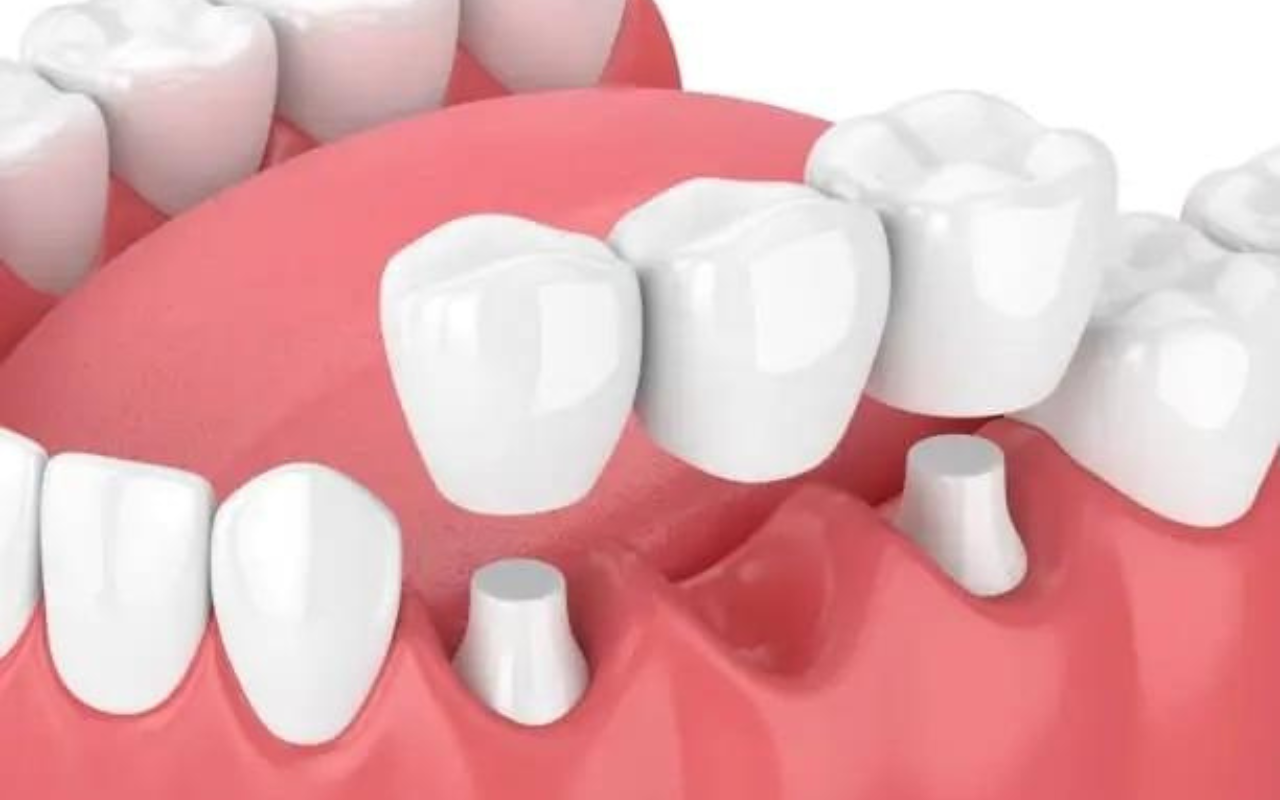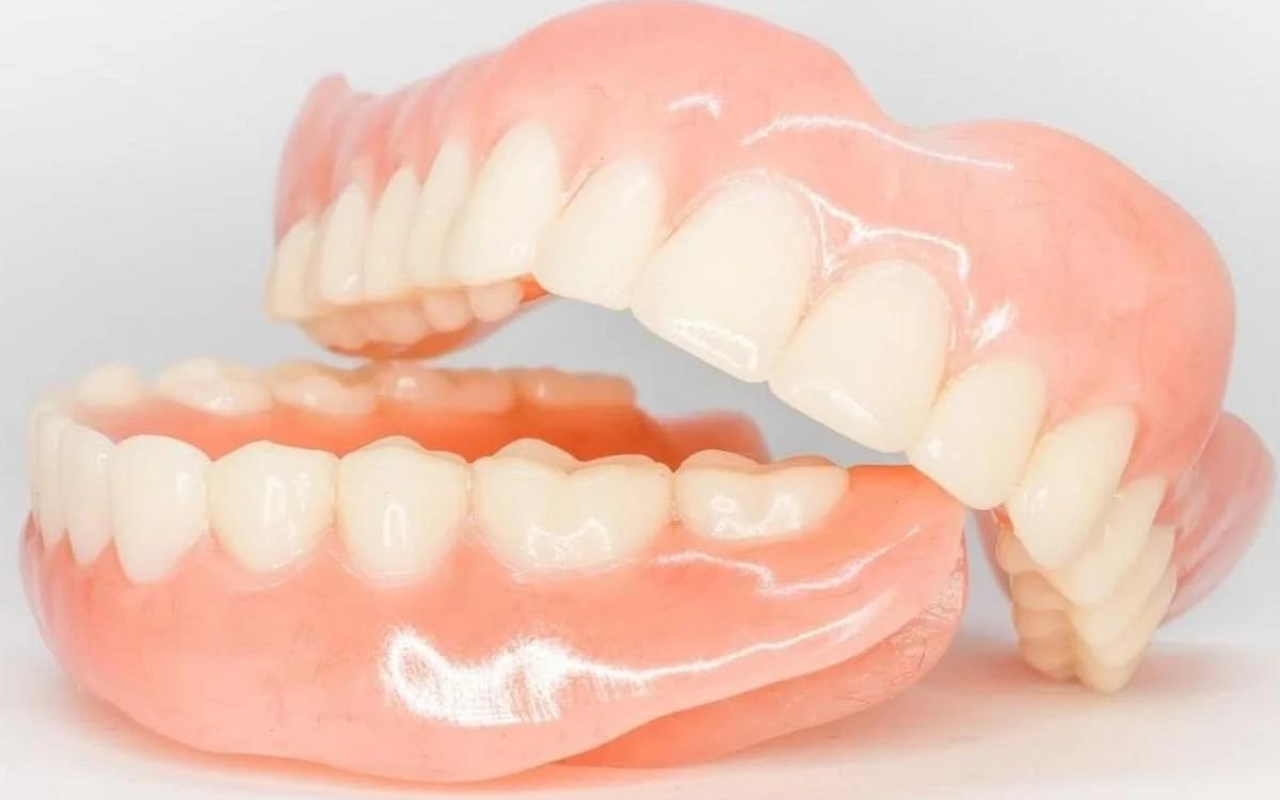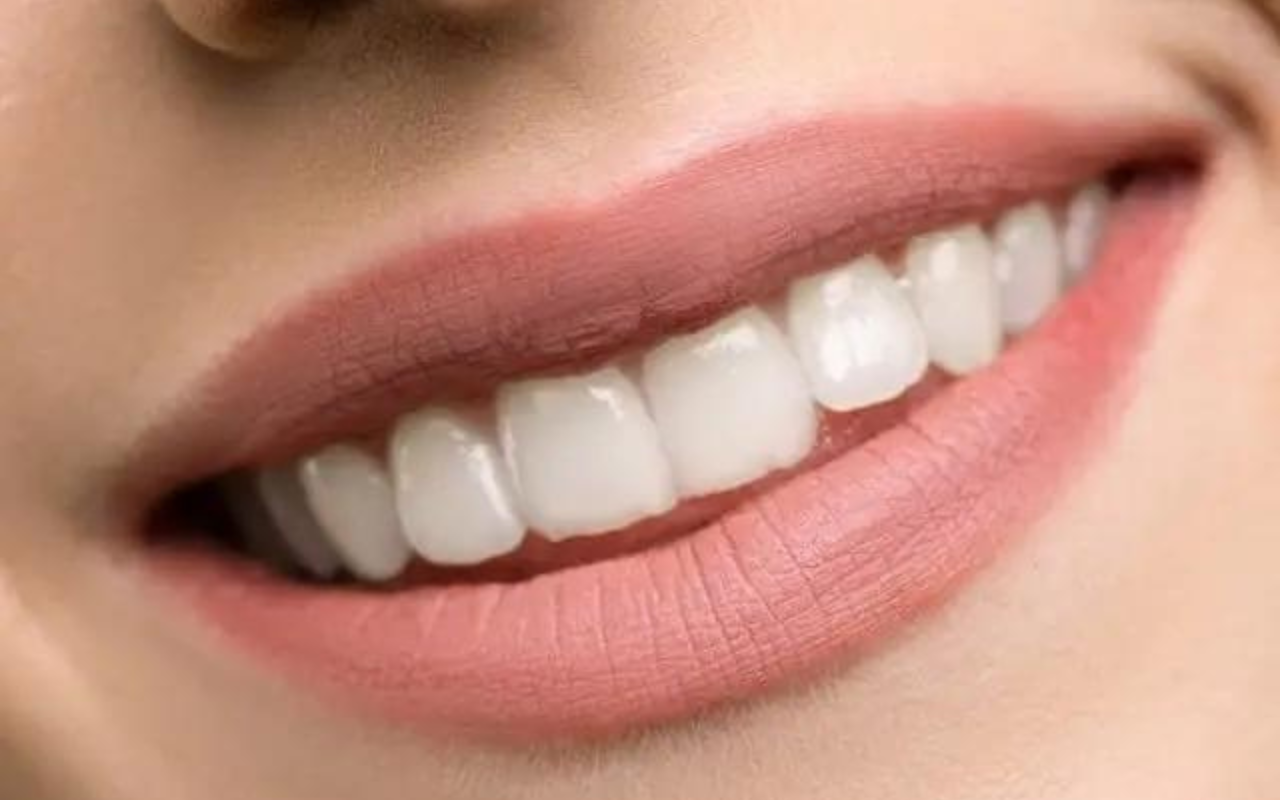Expert Dental Sealants Brampton at
Delta Park Dental
Shield your child’s smile, starting from their first tooth, with invisible protection against tooth decay.
Understanding Dental Sealants Brampton
Dental sealants are thin, protective coatings applied to the chewing surfaces of back teeth (molars and premolars). These surfaces contain natural grooves and pits where food particles and dental plaque can accumulate, making them highly susceptible to tooth decay. By sealing these vulnerable areas, we create a smooth surface that’s easier to clean with regular brushing and flossing, dramatically reducing the risk of dental caries.
Why Choose Delta Park Dental for Dental Sealants Brampton?
When seeking preventive dental care for your family, choosing the right dental professional makes all the difference in your experience and results. Here’s why families throughout Brampton trust Delta Park Dental for their preventive needs, as cavities vary among individuals.
Expertise: Our dental team has extensive experience applying dental sealants for patients of all ages
Child-Friendly Approach: Our team specializes in making younger children comfortable during dental visits
Comprehensive Care: Beyond sealants, we offer complete preventive services including fluoride treatments
Education-Focused: We take time to demonstrate proper brushing and flossing techniques
Preventive Philosophy: We emphasize prevention to avoid the need for more extensive treatments later
Personalized Recommendations: We assess each patient’s unique risk factors for cavities
How Dental Sealants Work
The Science Behind Sealants
Dental sealants work by creating a physical barrier that prevents bacteria and food particles from settling into the grooves of teeth. The sealant material flows into these microscopic crevices and hardens, creating a smooth surface that’s much easier to keep clean.
The natural process of tooth development ensures that as a child eats and grows, their secondary teeth (adult teeth) emerge to replace primary dentition, with front teeth and lower incisors typically appearing before those in the upper jaw. To protect teeth from decay that can penetrate into deeper layers and potentially reach the tooth root, it’s essential to remove the sticky substance of plaque regularly and ensure children receive enough fluoride, ultimately preventing premature tooth loss.
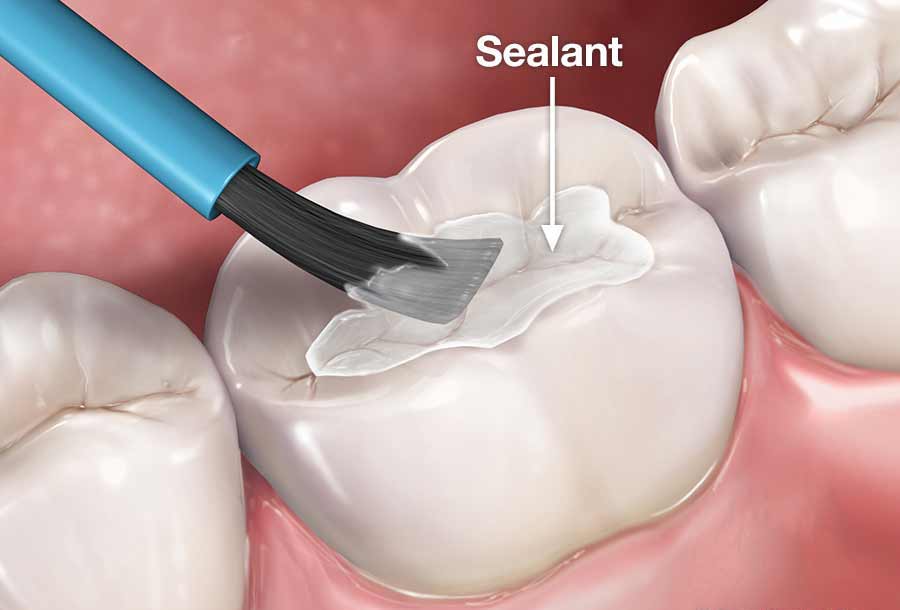
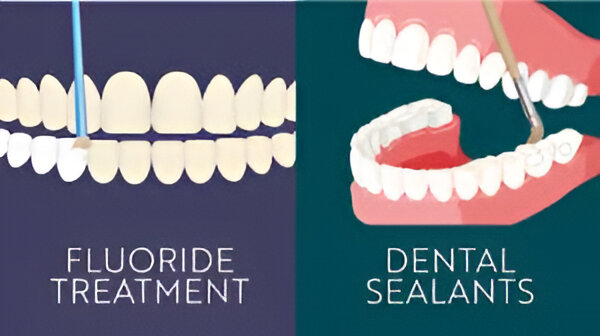
The Difference Between Sealants and Fluoride
While both sealants and fluoride help prevent tooth decay, they work in different ways:
Fluoride (found in fluoride toothpaste, fluoridated water, and fluoride treatments) strengthens tooth enamel, making it more resistant to acid attacks from bacteria.
Sealants provide a physical barrier that prevents bacteria and food from collecting in the first place.
For optimal protection, We typically recommends both approaches as part of a comprehensive preventive strategy.
The Importance of Dental Sealants
Protecting Vulnerable Teeth
Both primary teeth (milk teeth) and permanent teeth can benefit from dental sealants. The most common applications include:
First and Second Permanent Molars: These typically emerge around ages 6 and 12
Premolars: These teeth also have deep grooves on their chewing surfaces
Primary Molars: In some cases, sealants may be recommended for baby teeth with deep grooves
The deep grooves and fissures on these teeth make them difficult to clean thoroughly with a toothbrush. Even with excellent oral hygiene habits, these areas remain susceptible to decay. Dental sealants provide an additional layer of protection.
When Dental Sealants Are Most Beneficial
Dental sealants are particularly valuable for:
School-age children: As permanent molars emerge
Teenagers: During a period when cavity risk is often high
Adults: Those with deep grooves in their teeth or who have certain risk factors for decay
Patients with limited dexterity: Those who may struggle with thorough brushing and flossing
We can help determine if dental sealants are appropriate for your child’s teeth or your own, based on individual risk assessment.
Our Dental Sealant Procedure at Delta Park Dental
Step-by-Step Process
The application of dental sealants is quick, painless, and requires no drilling or removal of tooth structure:
1️⃣ Cleaning: First, the tooth surface is thoroughly cleaned to remove any plaque or food particles.
2️⃣ Preparation: A special solution is applied to slightly roughen the tooth surface, helping the sealant bond effectively to the tooth enamel.
3️⃣ Rinsing and Drying: The tooth is rinsed and dried thoroughly.
4️⃣Application: The sealant material (a thin, liquid resin) is carefully painted onto the chewing surface of the tooth, flowing into the grooves and fissures.
5️⃣ Curing: A special light is used to harden the sealant material, creating a strong, protective shield.
6️⃣ Evaluation: We checks the sealant to ensure it has properly adhered and that your bite feels comfortable.
The entire process takes just a few minutes per tooth and causes no discomfort, making it ideal even for young children.
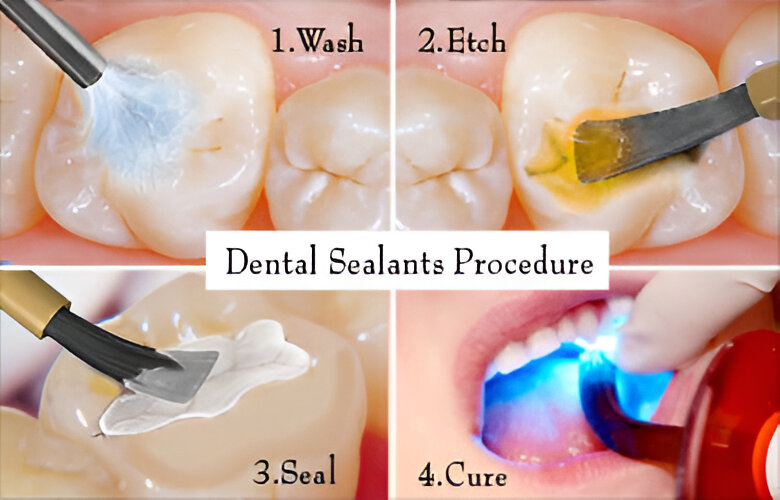
Benefits of Choosing Dental Sealants
Protection Against Tooth Decay
Cost-Effective Prevention
Long-Lasting Protection
Dental Sealants for Different Age Groups
For Teenagers
The teenage years can present increased cavity risk due to dietary habits, busy schedules that might compromise oral hygiene, and hormonal changes. Protecting newly emerged second molars (and sometimes premolars) with sealants can be particularly valuable during this period, especially if poor oral hygiene is a concern .
For Children
The most common time to apply sealants is soon after permanent molars emerge—typically around age 6 for first molars (often called “6-year molars”) and around age 12 for second molars. However, decisions about when to apply sealants should be made based on the individual child’s risk factors, including:
Family history of dental decay
Diet, especially consumption of sugary drinks and certain foods that contribute to cavities
The presence of deep grooves in teeth
Overall oral hygiene habits
Whether the child drinks fluoridated water or only bottled water
Whether the child needs additional protection beyond fluoride toothpaste
For Adults
While sealants are most commonly applied in childhood, adults can also benefit, especially those with:
Deep grooves in their teeth
History of frequent cavities
Reduced saliva flow or dry mouth
Conditions that make thorough oral hygiene challenging
Caring for Teeth with Dental Sealants
Maintaining Good Oral Hygiene
Monitoring Sealant Condition
Best Services
Crowns
Protect and restore teeth with durable, natural-looking crowns for strength and a perfect smile.
Emergency Dentistry
Need urgent dental care? Our experts ensure prompt emergency treatment when you need it most.
Root Canal Therapy
Our skilled dentists provide comfortable, efficient root canal therapy to restore your smile.
Dental Exams & Cleaning
Our dedicated team ensures expert care in a safe, welcoming space for a comfortable experience.
Tooth Extractions
We provide safe, efficient tooth extractions, including wisdom teeth removal, with care.
Teeth Whitening
Brighten your smile safely with professional whitening that removes stains and enhances shine.
Dental Fillings
Fix cavities with strong, tooth-colored fillings for a healthy, natural-looking smile.
Our Clinic



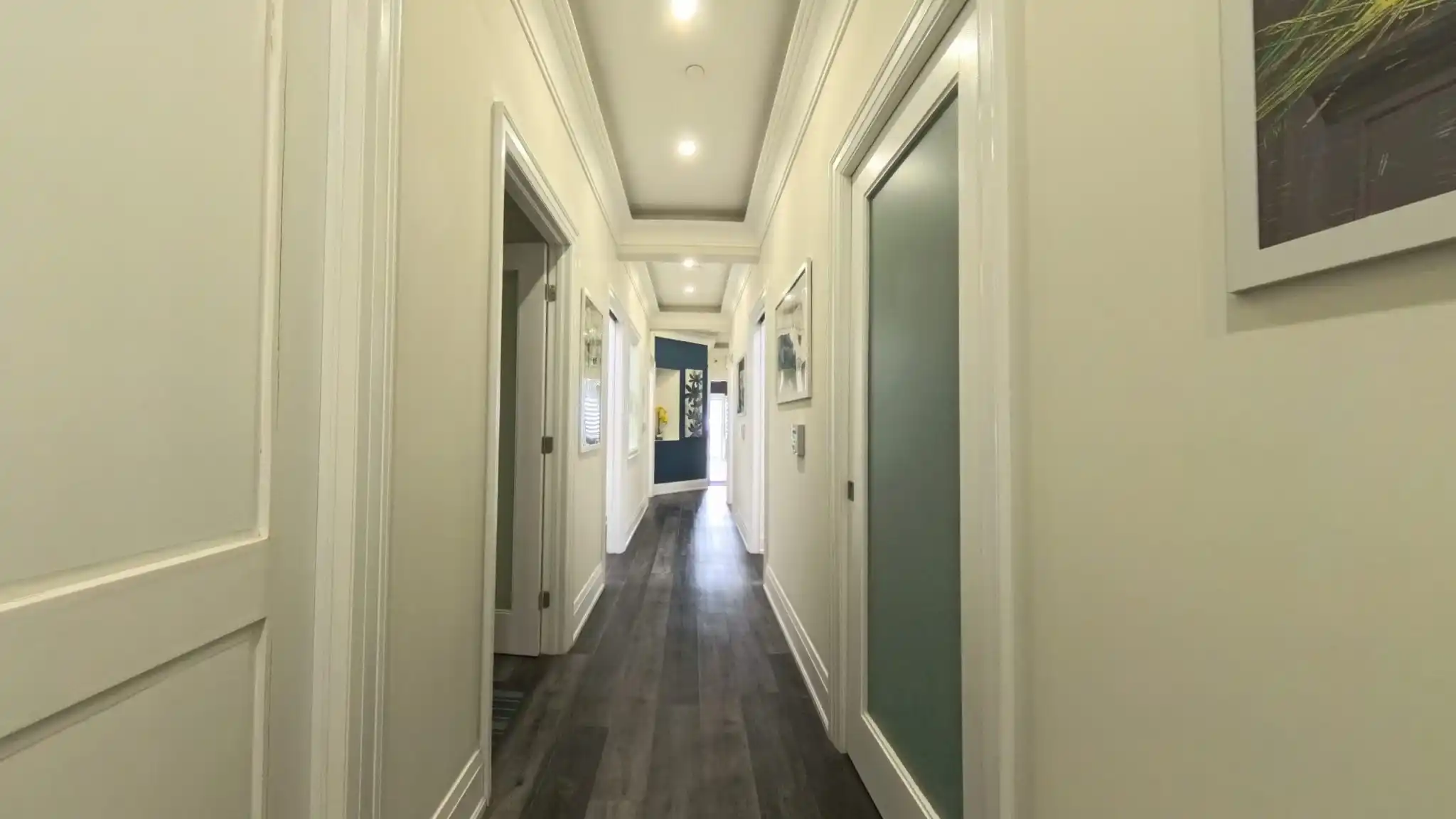
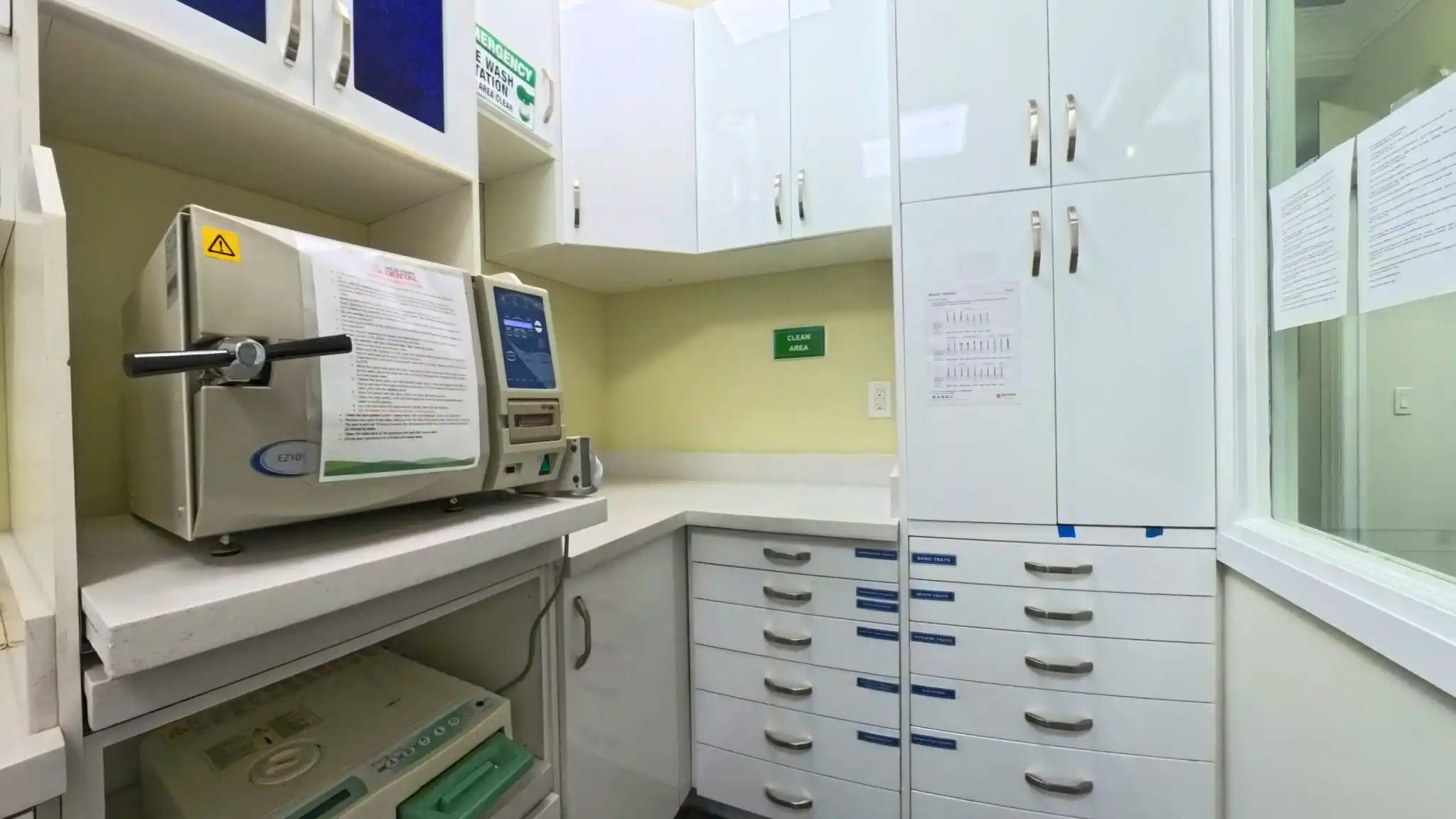
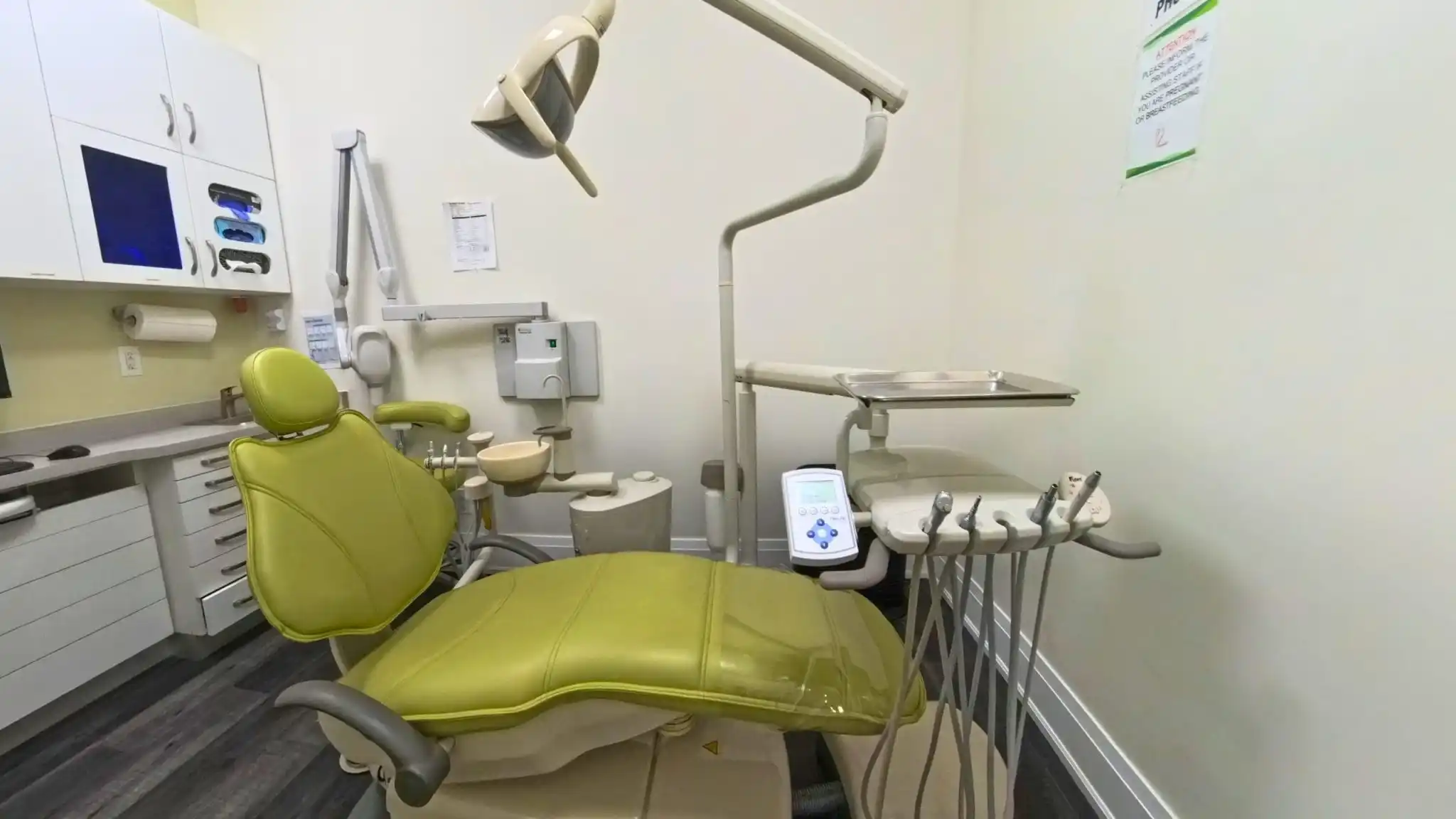
Contact Us for Expert Dental SealantsBrampton
Protect your family’s smiles with dental sealants from Delta Park Dental. Our experienced team is ready to provide this simple, effective preventive treatment to help keep teeth healthy for years to come.
Your family’s oral health is our priority. Contact us today to learn more about dental sealants and other preventive treatments!
Find Our Location
215 Delta Park Blvd Unit 104, Brampton, ON L6T 0H9, Canada
Hours
| Sunday | 10 am–6 pm |
| Monday | 10 am–4 pm |
| Tuesday | 10 am–6 pm |
| Wednesday | 10 am–6 pm |
| Thursday | 10 am–6 pm |
| Friday | 10 am–6 pm |
| Saturday | 10 am–6 pm |
Phone No.
What Our Patients Say
EXCELLENTTrustindex verifies that the original source of the review is Google. Absolutely look forward going to this place….. Amazing friendly and helpful staff. Dr.Shilpa is very talented and friendly……. Explains everything logically with diagrams or examples which make you more clear about the treatments you are getting. Highly recommend this place. Very satisfied!!Posted onTrustindex verifies that the original source of the review is Google. Great dentist helped me through out my braces journeyPosted onTrustindex verifies that the original source of the review is Google. I recently completed my dental treatment at Delta Park Dental, and I couldn't be more pleased with the entire experience—from the initial consultation to the extraction and final cavity fillings. The staff and faculty were exceptionally professional, kind, and attentive throughout the process. It all started with a thorough examination and digital X-rays, where the dentist clearly explained the condition of my teeth and laid out a detailed treatment plan. I had a few cavities that needed to be addressed, and the team made sure I was fully informed and comfortable before proceeding. Each step of the treatment was handled with great care and precision. The cavity removal was smooth and virtually pain-free, thanks to the expertise of the faculty and their use of modern equipment. The fillings were done with such attention to detail that my teeth feel and look completely natural. I truly appreciated how the team kept checking in during each session to make sure I was comfortable, and they even gave helpful tips on post-treatment care and future prevention. Overall, I had an excellent experience and would highly recommend Delta Park Dental to anyone in need of quality dental care. The professionalism, warmth, and skill of the faculty made all the difference.Posted onTrustindex verifies that the original source of the review is Google. Wonderful experience with whole staff of delta park dental since we started coming to them from last 5 years. Very professional and up to the mark treatment. Very happy with service. They answer all the questions so accurately so you can trust them with your health. Thank you delta parkPosted onTrustindex verifies that the original source of the review is Google. I have had a very good experience here. Dr Shilpa has been amazing and the staff is also very friendly and cooperative !!Posted onTrustindex verifies that the original source of the review is Google. Dr. Shilpa is God sent for us. She is the best dentist ever. The whole staff at the clinic is very empathetic, kind and very helpful.Posted onTrustindex verifies that the original source of the review is Google. Amazing servicePosted onTrustindex verifies that the original source of the review is Google. It was really nice visit! 100% recommended.Posted onTrustindex verifies that the original source of the review is Google. Dr.Shilpa is amazing. Staff is great. Highly recommend them for all your dental care needs.
Frequently Asked Questions About Dental Sealants Brampton
At what age should children get dental sealants?
The ideal time for sealants is shortly after permanent molars emerge. First permanent molars (6-year molars) typically appear around age 6, while second permanent molars usually emerge around age 12. However, sealants can be beneficial for children younger than 6 if their primary teeth (baby teeth) have deep grooves and they show risk factors for decay.
Are dental sealants safe?
Yes, dental sealants are considered very safe. The materials used have been extensively studied and have been used in dentistry for decades with an excellent safety record. The procedure is completely non-invasive, requires no drilling or anesthesia, and causes no discomfort.
How long do dental sealants last?
With proper care, dental sealants typically last 5-10 years. Factors that affect longevity include chewing habits (especially grinding food or biting on hard objects), the location of the sealed tooth, and the type of sealant material used. During regular dental checkups, Dr. Shilpa will examine the condition of existing sealants and recommend reapplication if necessary.
Do dental sealants replace the need for brushing and flossing?
No, dental sealants only protect the chewing surfaces of the teeth where they are applied. They do not protect between teeth or along the gum line where many cavities form. Good oral hygiene, including regular brushing with fluoride toothpaste and daily flossing, remains essential for preventing tooth decay and gum disease.
Can adults get dental sealants too?
Absolutely! While dental sealants are most commonly applied during childhood when permanent teeth first emerge, adults can also benefit from them. Sealants are appropriate for adults who have deep grooves in their teeth, are prone to cavities, experience reduced saliva flow (dry mouth), or have other factors that increase their cavity risk. If you’re concerned about developing cavities in your back teeth, ask your dentist if sealants might be beneficial for you, even if you already have some fillings in other teeth.
